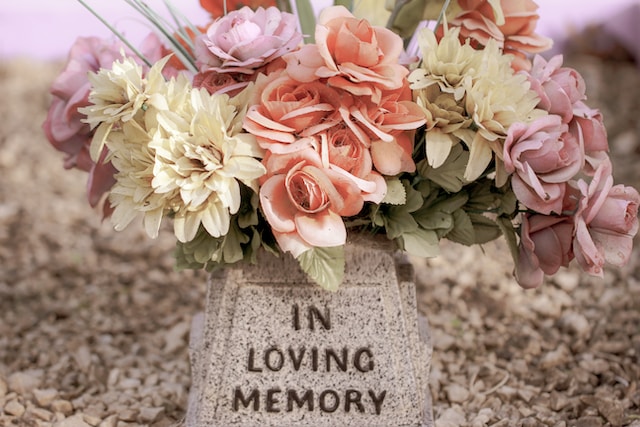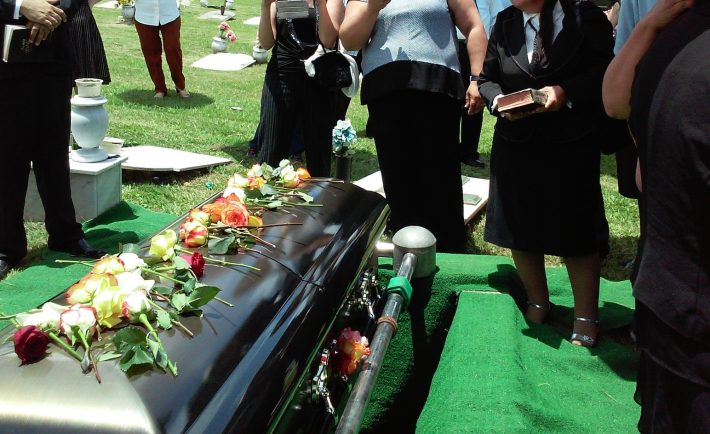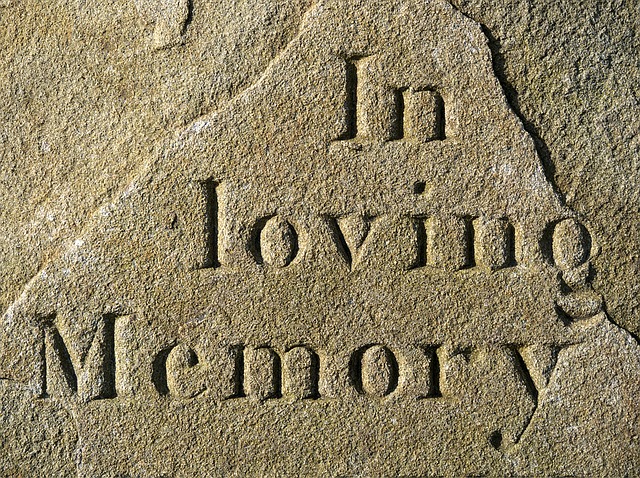“Those we love never truly leave us. There are things that death cannot touch.” ― Jack Thorne
The departure of those we hold dear never equates to their complete departure. Certain aspects are beyond death’s reach, eternal connections that persist unbroken. These profound sentiments penned by Jack Thorne encapsulate a truth that resonates deep within us.
Grief, a tempest of emotions, sweeps over us like an unexpected wave, knocking us off balance. It carries with it a temporal dimension, for grieving is the voyage we undertake as we acclimate to the void left by our cherished ones. The absence they leave becomes a part of us, a space forever occupied by memories and emotions.
The human response to loss is as varied as the colors of a spectrum, each person weaving their tapestry of coping mechanisms. Research unveils that most individuals can navigate the labyrinth of loss over time, aided by social support and nurturing habits. The passage of months or even a year might be required to fully fathom the contours of loss. The notion of linear stages in grief, as commonly depicted, is challenged by research, which reveals that progression through grief is not a one-size-fits-all experience.
The profound challenge of confronting the passing of a dear friend or family member stands as one of life’s most daunting trials. The departure of a spouse, sibling, or parent can unleash a torrent of intense grief. While loss is an intrinsic part of existence, the upheaval of emotions that follows can leave us in a state of bewildered shock.

Image Credits: unsplash.com
Amid grief’s labyrinth, individuals grappling with loss may find solace in various strategies:
1. Dialogue with Remembrance
Engaging in conversations about the departed with friends or colleagues not only provides understanding but also preserves the memory of the individual. Avoiding discussions out of discomfort can foster isolation, hindering the healing process bolstered by supportive networks.
2. Embrace Your Emotions
The variety of emotions—be it sadness, anger, or exhaustion—is a testament to the depth of one’s connection. Acknowledging these feelings is crucial. Should these emotions become overwhelming or stagnate, seeking guidance from licensed psychologists or mental health professionals offers a lifeline back to emotional equilibrium.
3. Extend a Helping Hand
Supporting others who share the burden of loss can be mutually healing. Whether sharing anecdotes or listening to the deceased’s favorite melodies, these seemingly modest gestures bear immense significance. Extending assistance not only aids others but also nurtures our own well-being.
4. Safeguard Memories
Honoring our loved ones can take myriad forms. Planting trees, participating in charitable events, or crafting memory boxes with tokens of their existence keeps their spirit alive. Composing letters or gratitude notes offers a conduit for preserving connection and finding solace in gratitude.
5. Participate in Rituals
Mourning rituals, such as memorial services and funerals, provide communal solace during the initial stages of loss. They are poignant ways to commemorate the departed. The company of those who shared the bond with the loved one is itself a source of comfort.

Image Credits: unsplash.com
Through dialogue, remembrance, emotional acceptance, communal support, and commemorative rituals, we navigate the labyrinth of loss, honoring the eternal connection that transcends the boundaries of mortality.




